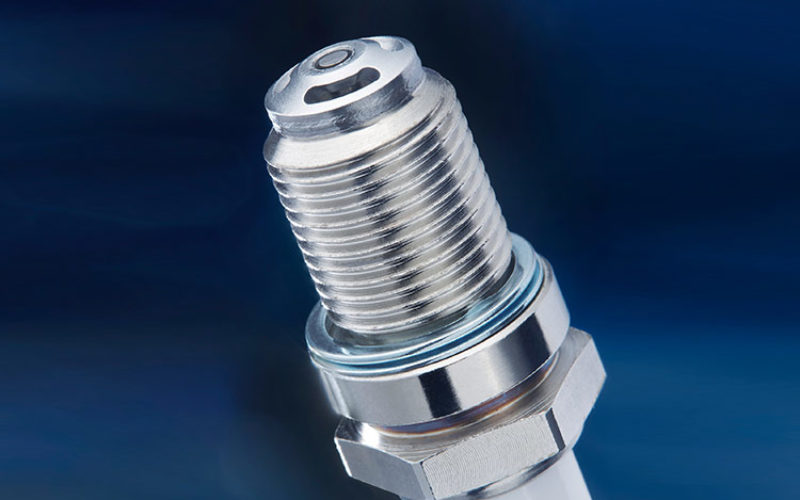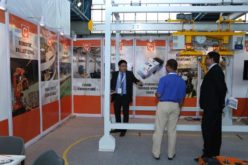New Industrial Spark Plug from Federal-Mogul Powertrain Allows Advanced Combustion Strategies

Federal-Mogul Powertrain, a division of Federal-Mogul Holdings Corporation (NASDAQ:FDML) has developed a new spark plug for gasoline, high BMEP (Brake Mean Effective Pressure) stationary engines. A combination of optimum materials, unique ground electrode geometry and maximum electrode surface area gives the new ‘cold’ plug enhanced thermal characteristics. This results in improved electrode durability and increased service life compared with other technologies available in the market.
With an industry-leading spark surface area, Federal-Mogul Powertrain’s ‘cold’ plug reduces ground electrode temperatures by more than 200°C and provides up to four times the service life compared with standard iridium J-gap spark plugs. Specialized nickel, iridium and rhodium alloys, combined with the electrode geometry and surface area, provide the required durability when used in pre-chamber gaseous fuelled engines operating in excess of 23 bar BMEP.
“Reducing electrode thermal loading, minimizing spark erosion and chemical corrosion at the gap and reducing the incidence of key failure modes such as weld joint fracture of electrodes, present the biggest challenges for spark plug technology in high output engines,” explained Gian Maria Olivetti, Chief Technology Officer, Federal-Mogul Powertrain. “By developing a true dual electrode iridium design with a short ‘cold’ projection and annular gap configuration, we have met the latest pressure and temperature challenges, providing significant benefits over J-plug designs.”
Another ‘cold’ plug innovation comes from advanced iridium welding, developed specifically for this very demanding application. The high melting point of iridium alloys is desirable to resist spark erosion, especially in high BMEP applications, but raises manufacturing challenges. Federal-Mogul Powertrain overcame this challenge by developing a specialized laser technology that ensures a robust end-to-end weld zone with optimal alloying between the electrode base material and the precious metal. With a finer focus than other lasers, the new process provides improved location precision and tolerance control, as well as deeper penetration.
“The ‘cold’ plug technology and processing innovations allow OEMs to improve engine efficiency by increasing combustion pressures and temperatures without the risk of spark plug failure, enabling future generations of engines to have greater performance and capability,” said Werner Niessner, Engineering Manager, Ignition, Federal-Mogul Powertrain. “Furthermore, existing engines in the field now have the option for extended service intervals and less frequent part replacement, leading to a reduced total cost of ownership for engine owners and operators.”
Already in series production for the European OEM customer market, the ‘cold’ plug is undergoing further application development with multiple customers in the U.S. and Japan.










